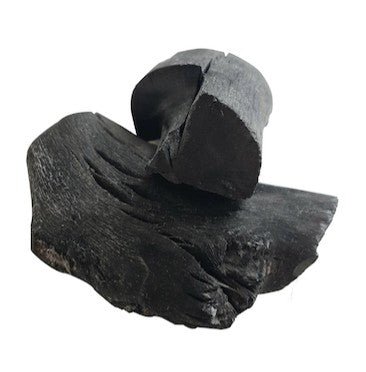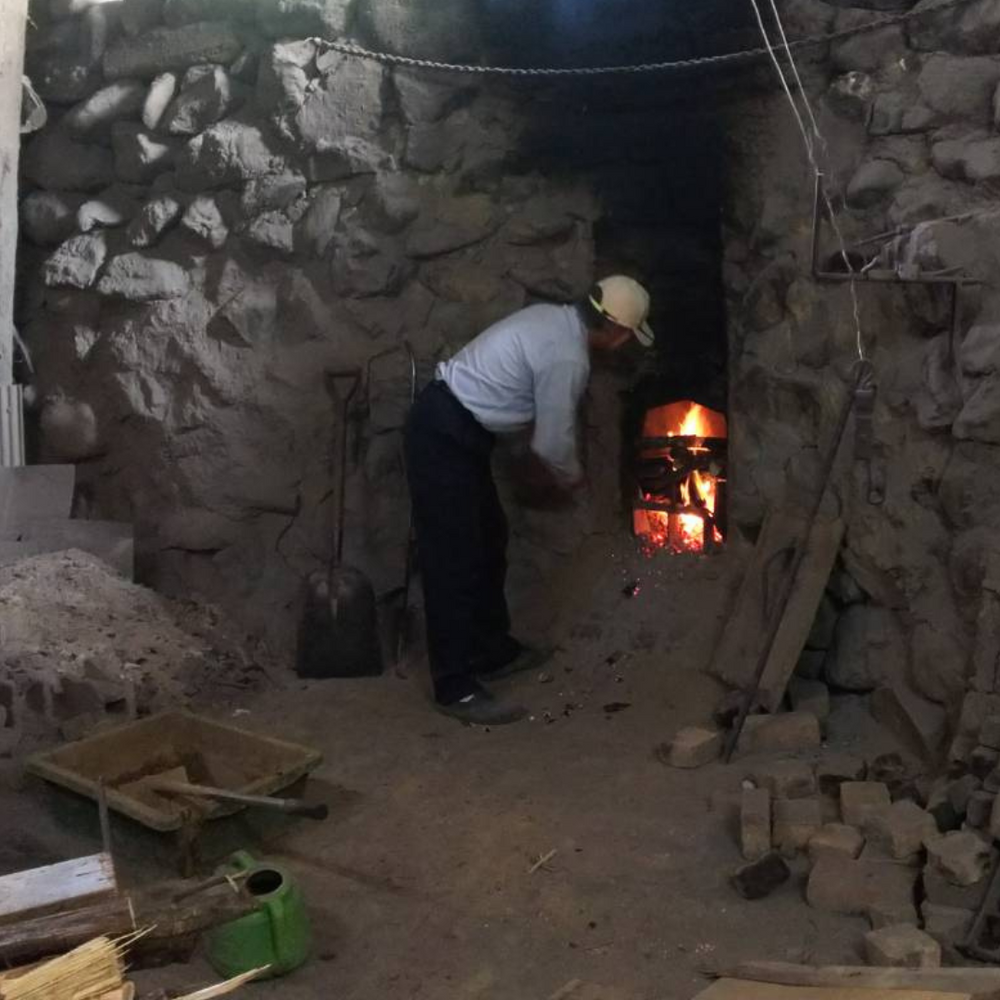

Usage
Binchotan takes longer to start than traditional charcoal. Binchotan cannot be started on electric or induction hobs because it requires direct contact with a flame. On a gas hob, you can easily start it using a chimney starter. Simply insert a few pieces into the chimney and place it directly in contact with the flame. Once the binchotan is red hot (about 10 minutes), it can be used in your Japanese barbecue. Without this, you can light it using traditional charcoal. Once the binchotan is red hot, insert it into your barbecue and start cooking. After cooking, immerse it in cold water to extinguish and clean it, so it can be used several times.
Grilling

























